 Uncle Tungsten
Uncle Tungsten Oaxaca Journal
Oaxaca Journal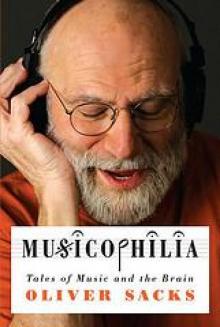 Musicophilia
Musicophilia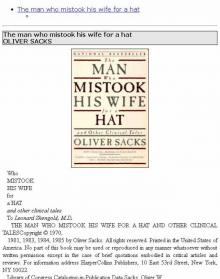 The man who mistook his wife for a hat
The man who mistook his wife for a hat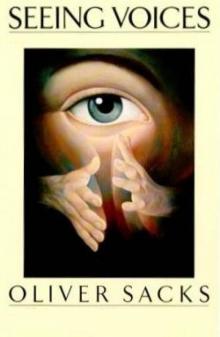 1989 - Seeing Voices
1989 - Seeing Voices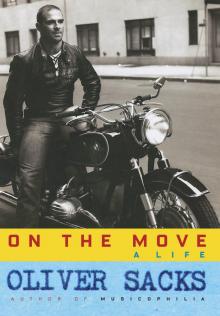 On the Move: A Life
On the Move: A Life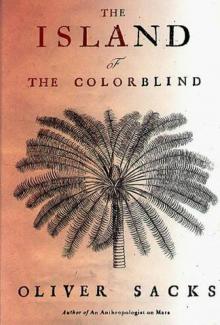 1996 - The Island of the Colorblind
1996 - The Island of the Colorblind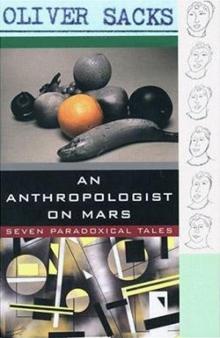 An Anthropologist on Mars: Seven Paradoxical Tales
An Anthropologist on Mars: Seven Paradoxical Tales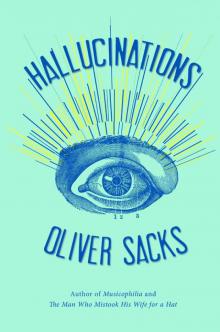 Hallucinations
Hallucinations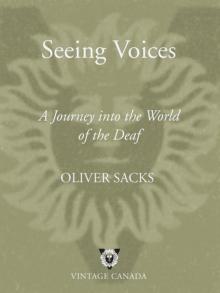 Seeing Voices
Seeing Voices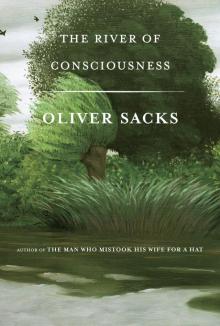 The River of Consciousness
The River of Consciousness Vintage Sacks
Vintage Sacks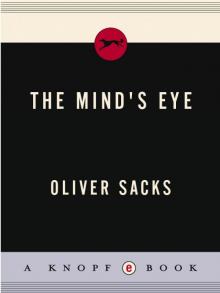 The Mind's Eye
The Mind's Eye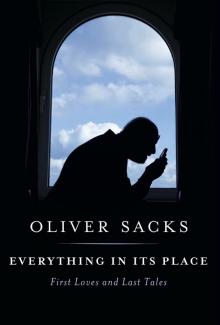 Everything in Its Place
Everything in Its Place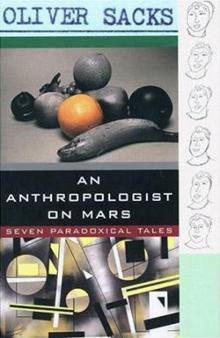 An Anthropologist on Mars (1995)
An Anthropologist on Mars (1995) Uncle Tungsten: Memories of a Chemical Boyhood (2001)
Uncle Tungsten: Memories of a Chemical Boyhood (2001)